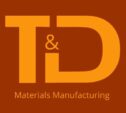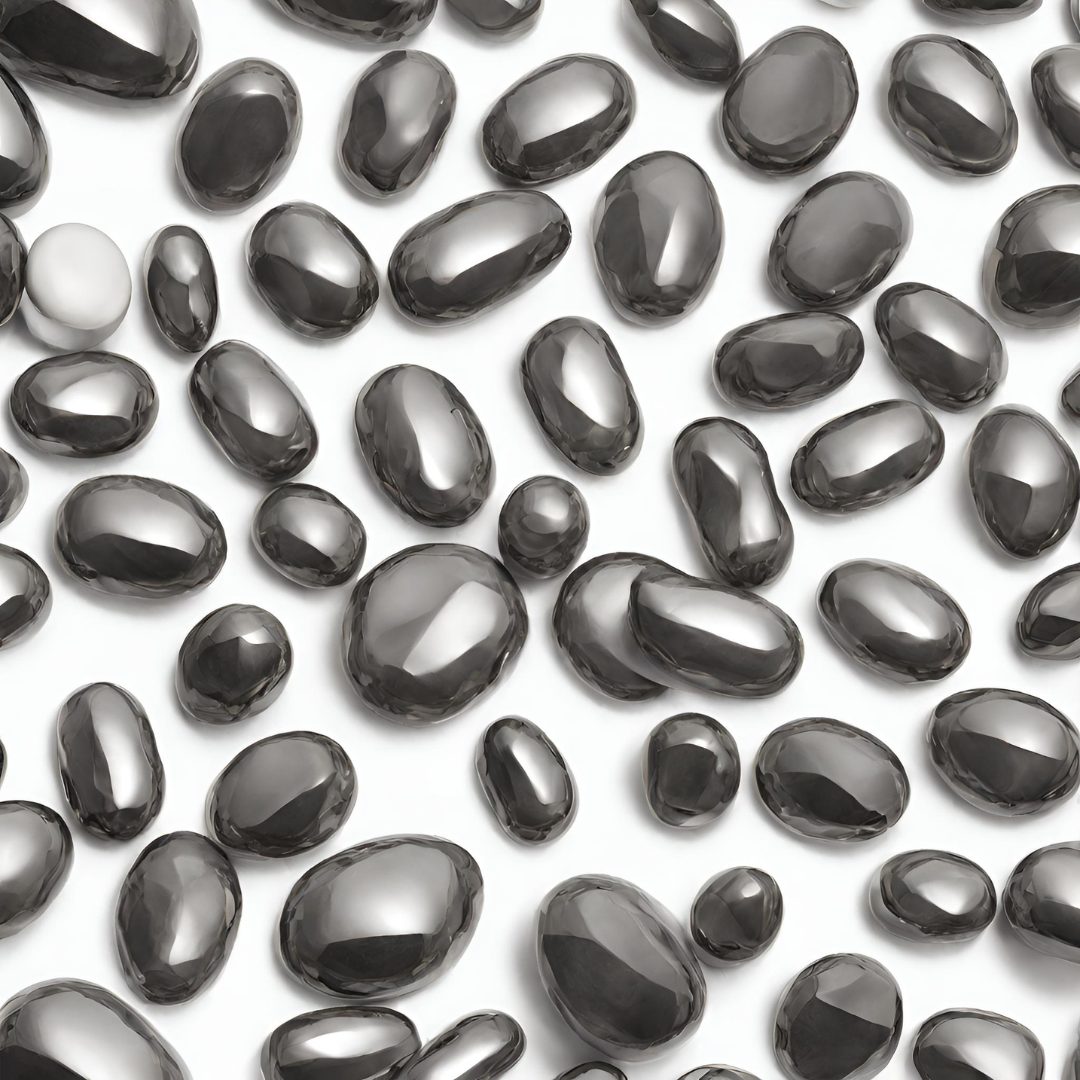In the vast realm of metals, each possesses unique properties that make them suitable for specific applications. Tungsten, however, stands out as a remarkable choice in various industries due to its exceptional characteristics. Here we explore why tungsten is often preferred over other metals and shed light on its diverse applications.
Unparalleled Density
Tungsten boasts the highest density of all pure metals, making it an excellent choice for applications where a compact and heavy material is required. This remarkable density contributes to its use in various fields such as aerospace, defense, and medical industries, where weight reduction and space efficiency are critical.
Exceptional Hardness and Wear Resistance
Tungsten is renowned for its exceptional hardness, ranking only second to diamonds on the Mohs scale. This outstanding hardness translates into remarkable wear resistance, making tungsten an ideal material for tools, cutting equipment, and wear-resistant components in manufacturing processes. The durability and longevity of tungsten tools significantly reduce maintenance costs and downtime.
High Melting Point
With a melting point of 3,422 degrees Celsius (6,192 degrees Fahrenheit), tungsten possesses the highest melting point of all metals. This extraordinary resistance to high temperatures makes it an invaluable material in applications like the aerospace industry, where components must endure extreme heat conditions without compromising performance.
Superior Thermal and Electrical Conductivity
While not as conductive as copper or silver, tungsten still exhibits impressive thermal and electrical conductivity. This makes it a preferred choice for electrical contacts, heating elements, and various electronics where reliability and efficiency are paramount. The ability to withstand high temperatures without losing its structural integrity makes tungsten a crucial element in modern electronics.
Corrosion Resistance
Tungsten’s natural resistance to corrosion enhances its longevity and performance in harsh environments. This feature is particularly beneficial in applications where exposure to corrosive substances, such as chemicals or extreme weather conditions, is inevitable.
Biocompatibility in Medical Applications
In the medical field, tungsten finds use in a variety of applications, including radiation shielding, imaging equipment, and even as part of certain medical devices. Its biocompatibility and resistance to corrosion make it an ideal choice for components used in implants and other medical instruments.
Conclusion
Tungsten’s unique combination of density, hardness, high melting point, conductivity, and corrosion resistance makes it an unparalleled material in various industries. Whether in aerospace, manufacturing, electronics, or medical applications, tungsten’s exceptional properties contribute to enhanced performance, durability, and efficiency. As industries continue to evolve, the allure of tungsten is likely to persist, solidifying its position as a metal of choice for a wide array of applications.

